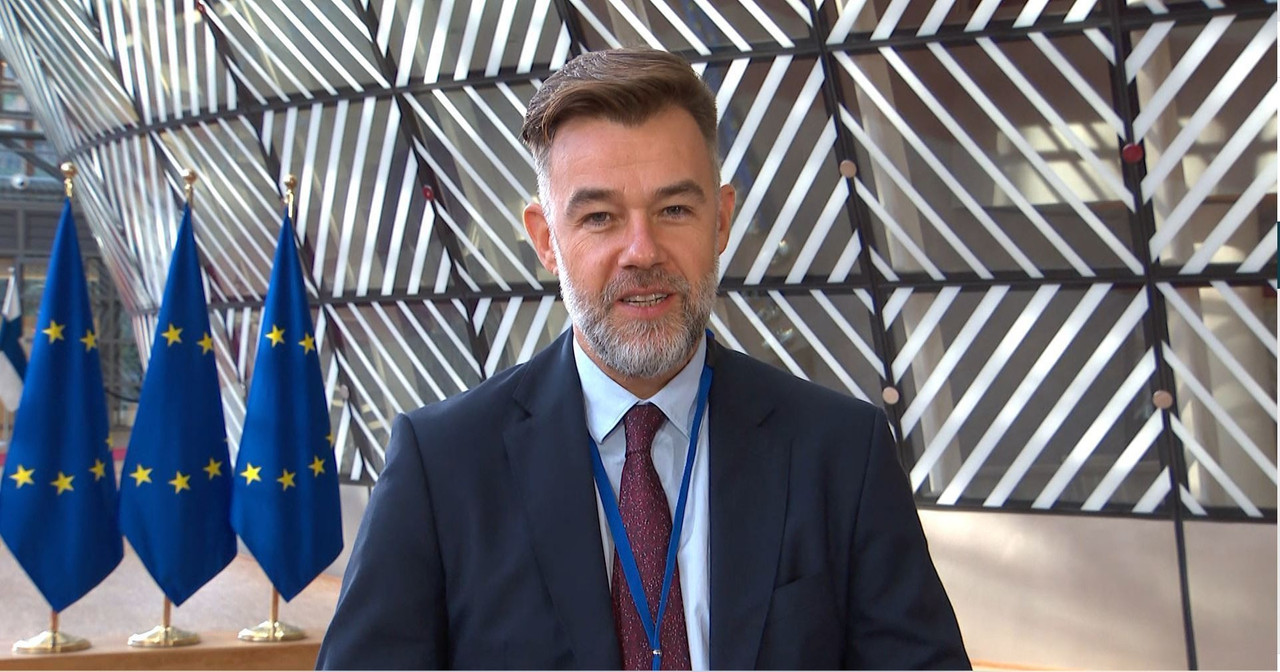While the current energy crisis was high on the agenda as EU economy ministers gathered in Brussels for a meeting of the Competitiveness Council on Thursday, the Ecodesign regulation to encourage production and facilitate the free movement of greener products in the internal market piqued the interest of (LSAP).
The regulation includes a Commission proposal for a digital passport to accompany products placed on the European market, which will improve access to sustainability information and product circularity. Consumers and economic actors armed with better information about the design and sustainable characteristics of a product, can more easily direct their choices towards products that promote the ecological transition the argument goes.
I have always been convinced that it is not enough to replace existing products with more sustainable ones,
“Luxembourg is a pioneer in this field thanks to our Product Circularity Data Sheet (PCDS) initiative, which aims to create transparency regarding the components of all products and their circular characteristics,” Fayot said. Indeed, the Commission’s proposal draws on Luxembourg’s experience and the minister called for the rapid adoption of the European passport by all companies in all value chains. “I have always been convinced that it is not enough to replace existing products with more sustainable ones,” Fayot said. But he also issued a warning that “we also need to reduce over-consumption.”
Avoid fragmentation of internal market
As for the energy crisis, Fayot also called for a coherent and fair European framework allowing all member states, whether they are net energy producers or importers, to benefit from compensation systems. “The principle of solidarity requires solutions that benefit all European citizens and businesses by avoiding fragmentation of the internal market,” the minister said. He warned against any legitimation, direct or indirect, of the introduction of barriers, which is what happened during the initial outbreak of the covid pandemic. “We have to look after the internal market every day, and that depends on the will of the member states,” Fayot concluded.

